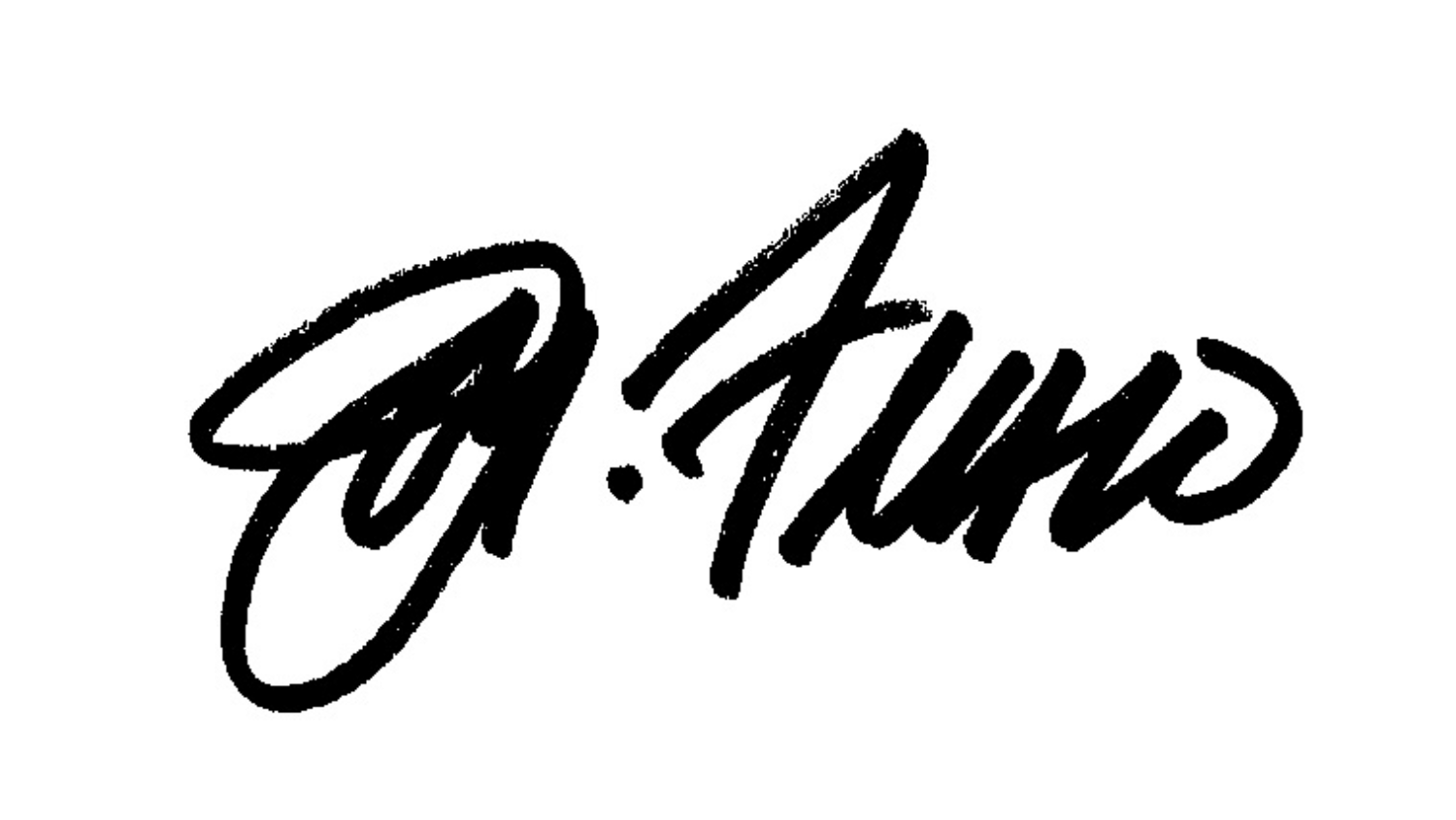Here’s a new word I’ve invented:
”Techo”
Techo — a hybrid of “technology” and “echo” — describes the increasingly maddening habit of resending, or “echoing,” the same usually mundane or useless message by different technologies in everyday interpersonal communications.
Here’s an illustration: several managers I know report receiving phone calls from people asking them, “did you get my email?” almost instantaneous with the receipt of the email. Slightly different example: one manager has even received an email with the request, “Call me.”
My guess is there are two kinds of people who create “techoes:” (1) folks who just can’t seem to trust all them invisible tubes and wires that make up the Network, or (2) self-absorbed people who’ve been cutting into lines their whole lives.
